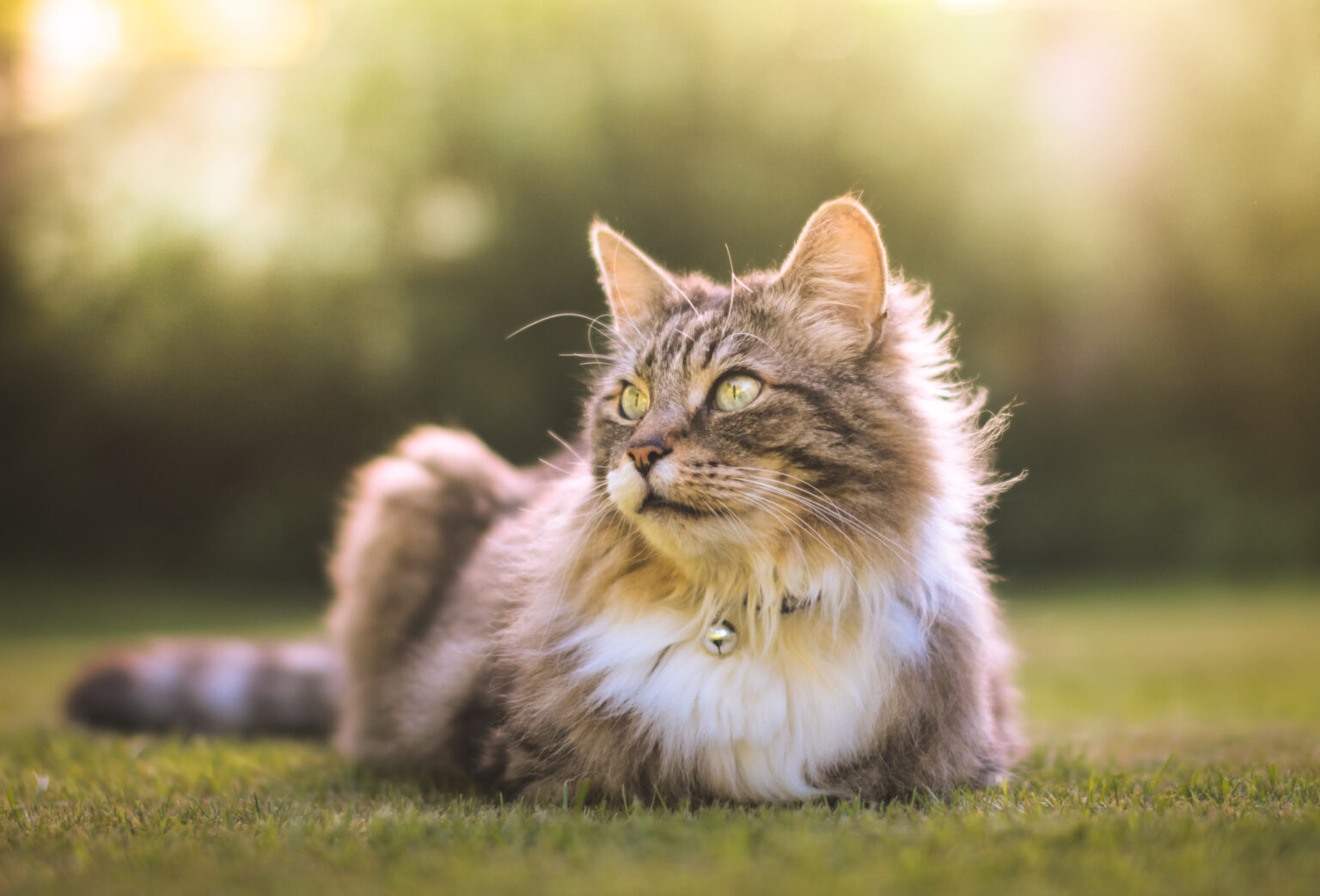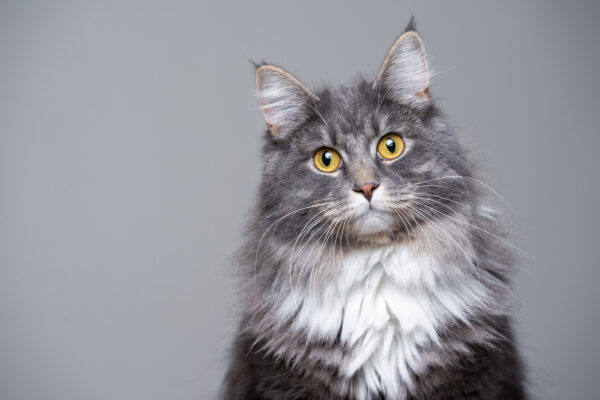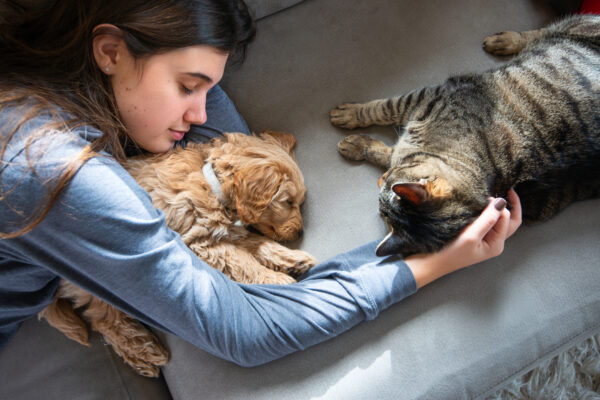Is your cat getting older? Are you looking for some guidance on how to care for an elderly cat? Just like us humans, our feline friends require a little extra care as they age – and we’re here to help. Whether you’re concerned about cat illnesses, food for older cats, or cat life expectancy, our resident vet has the answers.
Is my cat an old cat?
According to the International Society of Feline Medicine, if your cat is:
- 0–6 months, they are a kitten.
- 7 months–2 years, they are a junior.
- 3–6 years, they are an adult.
- 7–10 years, they are mature.
- 11–14 years, they are a senior.
- 15 years+, they are a super senior.
What is a domestic cat lifespan?
The average age of cats is typically between 12 and 14 years of age. Having said that, some senior cats live up to 18, 19, and even 20-years-old (meaning you’ll need a lot of cat birthday present inspiration. Genetics passed down from your cat’s parents may contribute to their lifespan. The more important factors are healthcare (i.e. regular vet visits), diet, and neutering. The latter reduces the risk of reproductive disease (such as mammary cancer) but also stops the need for both male and female cats to roam very far. Accidents, fighting and diseases (such as FIV or “Feline AIDS”) are more common in outdoor cats, thus reducing their cat lifespan compared to indoor-only cats. This makes it even more important to get regular check ups. Make sure to keep their microchip details up-to-date, just in case they are found with an injury or have climbed into someone else’s car!



